Magento vs Prestashop : which CMS for the creation of your e-commerce website ?
[Beginner level]
The choice of a CMS to develop an e-commerce site adapted to the business of his company is a delicate step.
Reliable and durable open-source solutions widely used throughout the world, Magento and Prestashop stand out for the creation of e-commerce sites. In native mode, i.e. at installation, both contain by default only features useful for an online store.
Where it gets complicated is that it takes time and investment to get them up and running.
All merchants who wish to add specific functionalities to their online store and customize it to their company’s image will need to purchase add-ons that will be added to the basic e-commerce. For this purpose, Magento and Prestashop sell their own features on their respective marketplaces: Magento Connect & Prestashop addons
The problem is that without special technical knowledge, the development of a professional e-commerce may be fraught with pitfalls: it is a long-term project that will probably require the use of a web agency, an SS2i or a specialized provider.
In terms of budget, count at least 10 000 to 15 000€ for the creation of an e-commerce site by a third party. Once the question of budget is resolved, Prestashop or Magento will be more suitable for your project depending on their respective characteristics.
Discover also our detailed article on the costs of creating an e-commerce site
Prestashop : the pluses
- Simplicity: lighter than Magento, Prestashop is also easier to manage. The back-end (administration interface) is clear and intuitive, the tabs are easily identifiable and changes are made in one click. From a technical point of view, Prestashop is relatively easy to install, customize and take control of.
- Accessibility: for the most motivated who are not afraid of technology and want to develop their e-commerce without using a high-end provider, Prestashop is a good solution. Intuitive, it is indeed more accessible to “beginners” and small structures that want to start without having a large product catalog.
- The price: the development of an e-commerce site being less complex with Prestashop, it takes less time and is therefore less expensive. From a strictly financial point of view, Prestashop is therefore more suitable for companies with tight budgets, with more “modest” projects and who want to put their site online quickly.
Prestashop : the –
- Functionalities: the range of services and functionalities remains relatively limited. The theme proposal, which determines what the website will look like, is also not very varied.
- SEO: Search engine optimization features are almost non-existent without downloading a number of add-ons.
- The ecosystem: the documentation provided by Prestashop to start its e-commerce is provided. On the other hand, e-merchants who would like to go further risk being cut off because of the size of the community and the company behind the solution, which is smaller and less active than with Magento.
Prestashop: for whom, for what?
Prestashop is a CMS to be reserved for small projects that want to develop a basic e-commerce in a short time, without having large financial resources to allocate to their development on the web.
Magento : the pluses
- The power: at the level of the administration system, Magento was created to manage a large product catalog. Companies with a wide range of products should therefore turn to Magento.
- Functionalities: the technical possibilities are considerable and offer great possibilities of control on its e-commerce. Even in native, Magento offers specific features able to find solutions to a large number of needs. The wide range of extensions, services and third-party software available allows for a high degree of customization. If you want to have a large number of features from the start, especially in terms of SEO (definition of metadata, product rating, adding comments, etc.) Magento will be the most suitable.
- Flexibility: the multiple possibilities of customization allow Magento to fit with all types of business: VSE, SME, specialized shop, etc. and allows them to innovate thanks to a large number of complementary modules.
- The ecosystem: thehe Magento community is particularly active. It is composed of specialized developers who not only contribute to improving the solution, but are also available and mobilized to guide and advise e-merchants facing a technical barrier.
Magento: the minuses –
- Complexity: of course, Magento has improved over the years. But the handling of the code and the use of the back-end remains complicated for a novice. This complexity is partly due to the large number of features offered that take time to master and use. Note that any self-respecting provider or web agency provides its customer with the necessary training to master and administer Magento so that he can update his e-commerce after delivery.
- Development time: Magento requires advanced development. This is the other side of the coin: the more advanced the features are, the longer they take to become operational.
Magento: for whom, for what?
With its power and its many possibilities of extensions and customization, Magento is aimed at medium and large companies or merchants who want to develop a unique e-commerce and who have a vocation to expand their business.

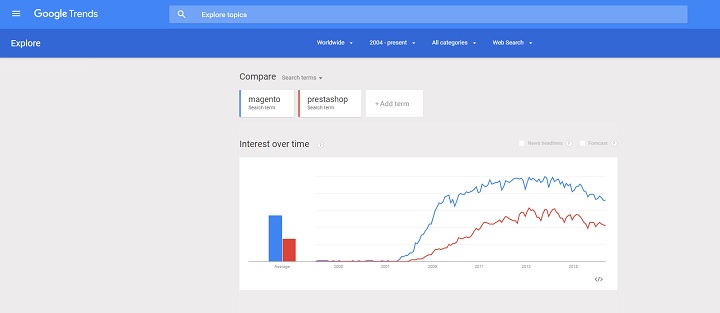
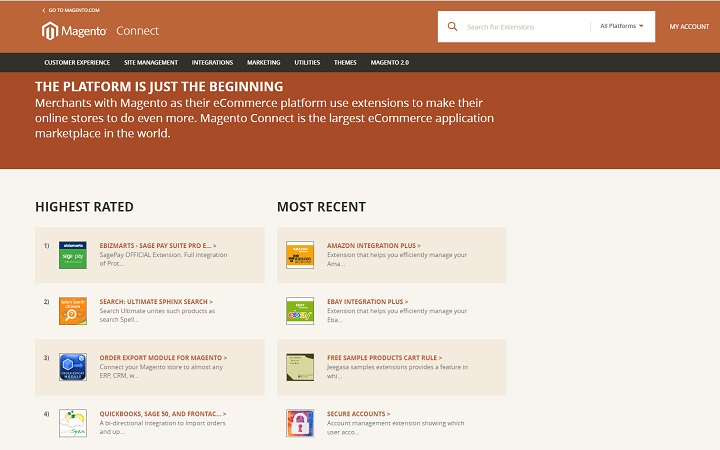


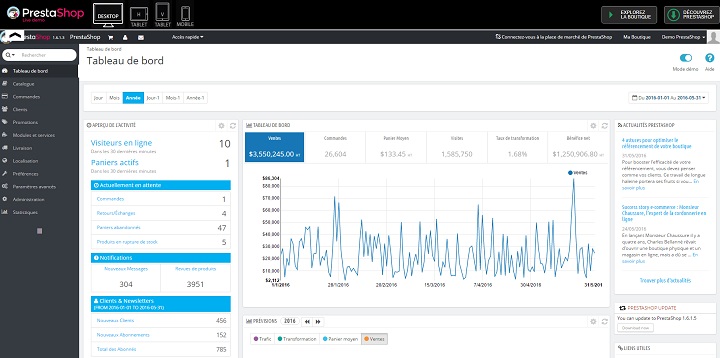
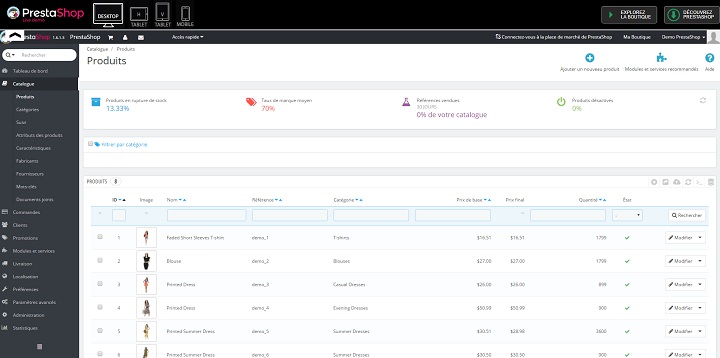

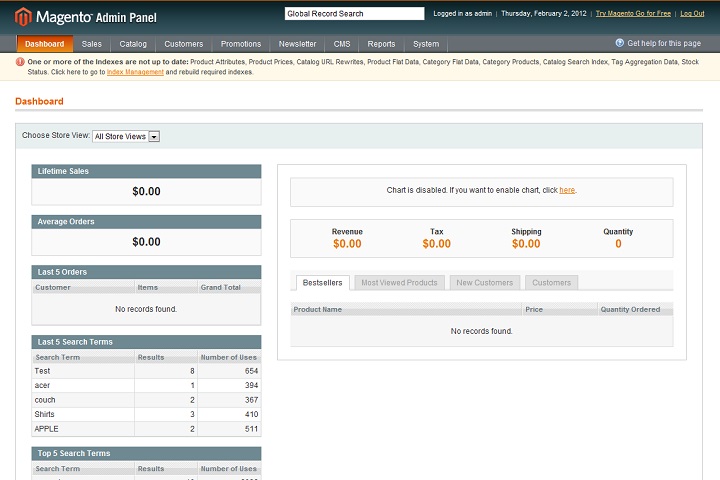
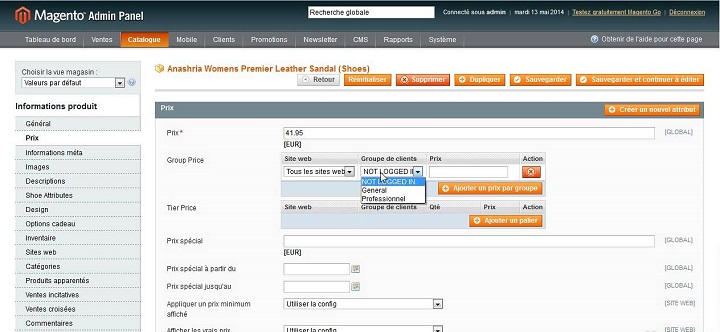








Leave a Reply
You must be logged in to post a comment.